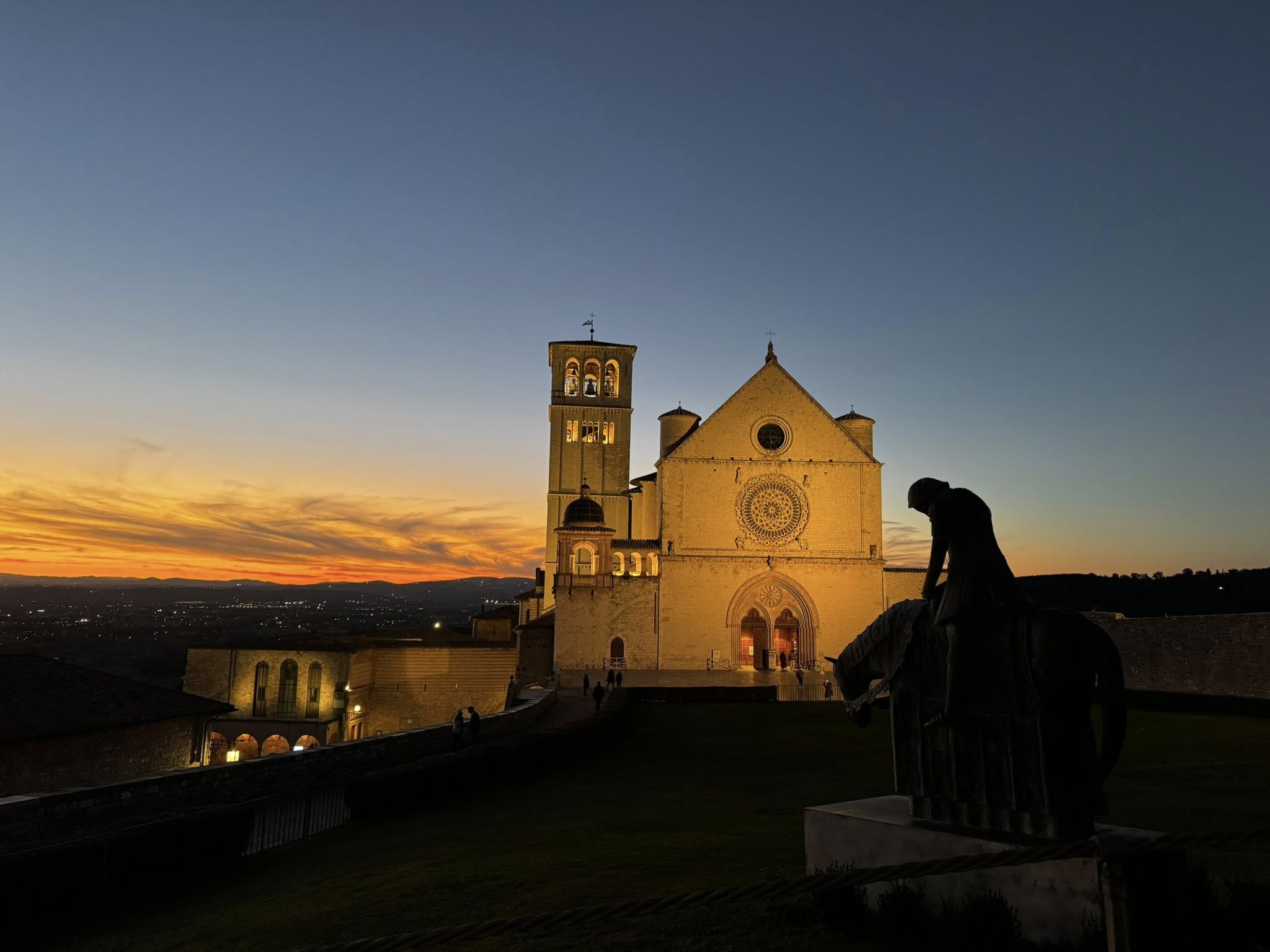Rev José Mario O Mandía
jmom.honlam.org
A symphony orchestra will not be able to play any song unless there is a conductor who unifies all the members of the orchestra and gets them to work together. Likewise, a society needs a conductor to bring together all its members so that they can get their act together.
The Catechism of the Catholic Church (No. 1898) teaches: “Every human community needs an authority to govern it (cf. Leo XIII, Immortale Dei; Diuturnum illud). The foundation of such authority lies in human nature. It is necessary for the unity of the state. Its role is to ensure as far as possible the common good of the society.”
So we should obey all lawful authority? Yes, we ought to. “The authority required by the moral order derives from God: ‘Let every person be subject to the governing authorities. For there is no authority except from God, and those that exist have been instituted by God. Therefore, he who resists the authorities resists what God has appointed, and those who resist will incur judgment’ (Romans 13:1-2; cf. 1 Peter 2:13-17)” (CCC No. 1899).
Furthermore, the CCC says: “The duty of obedience requires all to give due honor to authority and to treat those who are charged to exercise it with respect, and, insofar as it is deserved, with gratitude and good-will.
“Pope St. Clement of Rome (88 – 99 AD) provides the Church’s most ancient prayer for political authorities (cf. as early as 1 Timothy 2:1-2): ‘Grant to them, Lord, health, peace, concord, and stability, so that they may exercise without offense the sovereignty that you have given them. Master, heavenly King of the ages, you give glory, honor, and power over the things of earth to the sons of men. Direct, Lord, their counsel, following what is pleasing and acceptable in your sight, so that by exercising with devotion and in peace and gentleness the power that you have given to them, they may find favor with you’ (St. Clement of Rome, Ad Cor. 61: SCh 167,198-200)” (CCC No. 1900).
If authority is from God, does it mean that it is God who chooses the ruler? No. The citizens choose him.
“If authority belongs to the order established by God, ‘the choice of the political regime and the appointment of rulers are left to the free decision of the citizens’ (Gaudium et Spes, 74 # 3).
“The diversity of political regimes is morally acceptable, provided they serve the legitimate good of the communities that adopt them. Regimes whose nature is contrary to the natural law, to the public order, and to the fundamental rights of persons cannot achieve the common good of the nations on which they have been imposed” (CCC No. 1901).
Should we obey all laws?
“‘A human law has the character of law to the extent that it accords with right reason, and thus derives from the eternal law. Insofar as it falls short of right reason it is said to be an unjust law, and thus has not so much the nature of law as of a kind of violence’ (St Thomas Aquinas, STh I-II q93 a3 ad 2)” (CCC No. 1902).
Furthermore, the CCC adds: “Authority is exercised legitimately only when it seeks the common good of the group concerned and if it employs morally licit means to attain it. If rulers were to enact unjust laws or take measures contrary to the moral order, such arrangements would not be binding in conscience. In such a case, ‘authority breaks down completely and results in shameful abuse’ (John XXIII, Pacem in Terris 51)” (CCC No. 1903).


 Follow
Follow

